Best Bioinformatics colleges in the U.S. 2025
Bioinformatics is a degree program that combines mathematics, computer science, and biology. There are three main scientific applications of bioinformatics: genome mapping, evolutionary biology, and protein modeling. Bioinformatics is essential to the use of genomic information in understanding human diseases. Those who have a degree in bioinformatics develop and improve methods for storing, retrieving, organizing, and analyzing biological data. Bioinformatics is found to be the most useful in genetic engineering and biotechnology; however, more career possibilities are available. There are career opportunities within the federal government, state government, post-secondary schools, scientific research and development, and pharmaceutical companies.
Because it is such a new field, expect to see proportionate growth in the job market in the future. Bioinformatics students learn how to interpret complex biological information, model and research DNA, and perform analysis of sequence data using sophisticated software. Course instruction includes molecular genetics, statistics, calculus, chemistry, programming structures, computer science, cell biology, and genomics. Important skills to have are observation, data analysis, and communication.
The Bureau of Labor and Statistics lists the median annual wage for biological scientists as $72,700 in which the lowest ten percent earned $41,890 and the highest 90 percent earned $112,400 in May 2012. In addition, the BLS listed the top paying states for biological scientists as Maryland, Massachusetts, Virginia, Indiana, and the District of Columbia.
Click Here to See the Best Colleges in the USBest Bioinformatics colleges in the U.S. for 2025
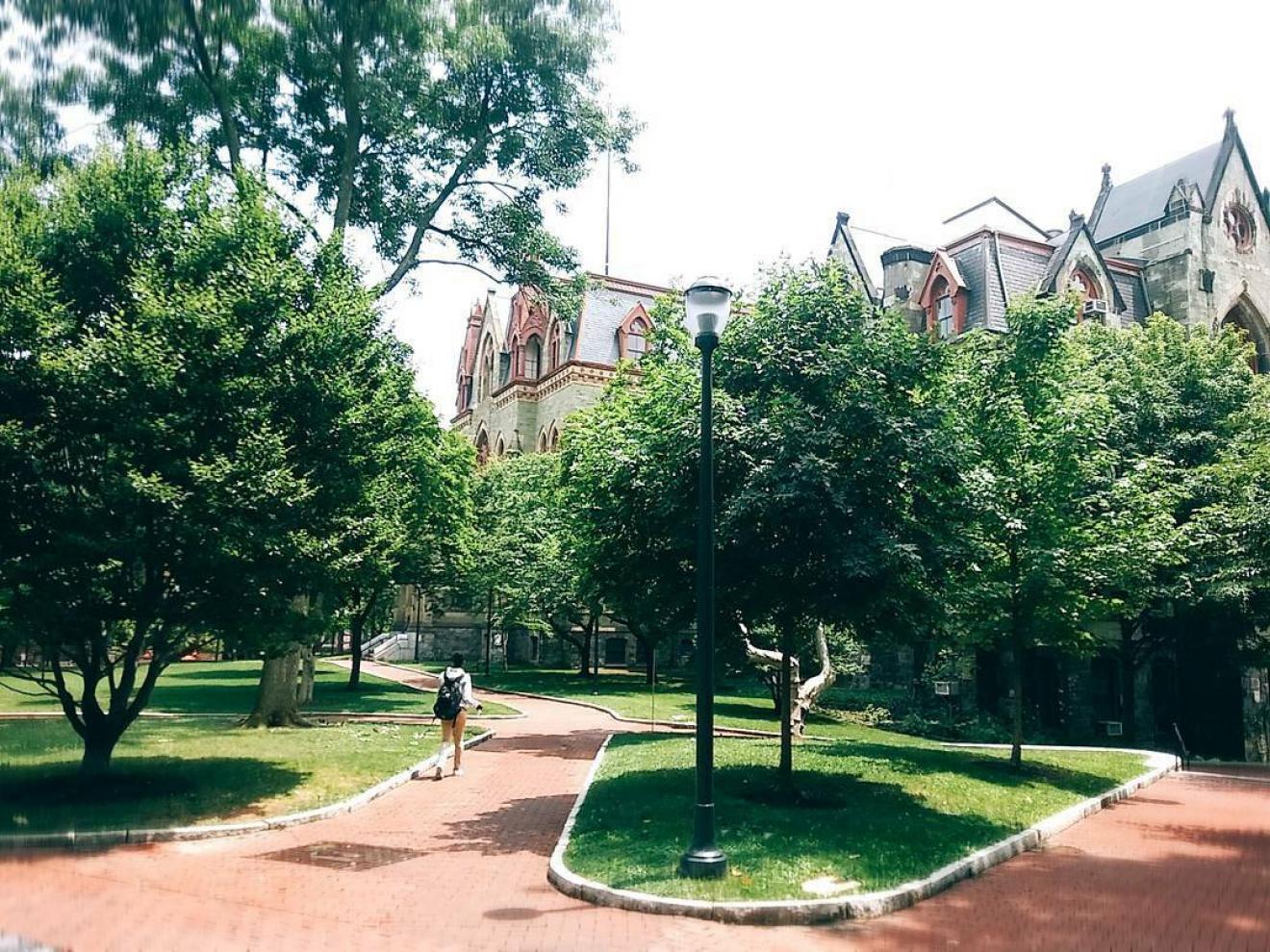
University of Pennsylvania offers 2 Bioinformatics degree programs. It's a very large, private not-for-profit, four-year university in a large city. In 2023, 10 Bioinformatics students graduated with students earning 10 Doctoral degrees.
University of California-San Diego offers 3 Bioinformatics degree programs. It's a very large, public, four-year university in a large city. In 2023, 89 Bioinformatics students graduated with students earning 71 Bachelor's degrees, 17 Doctoral degrees, and 1 Master's degree.


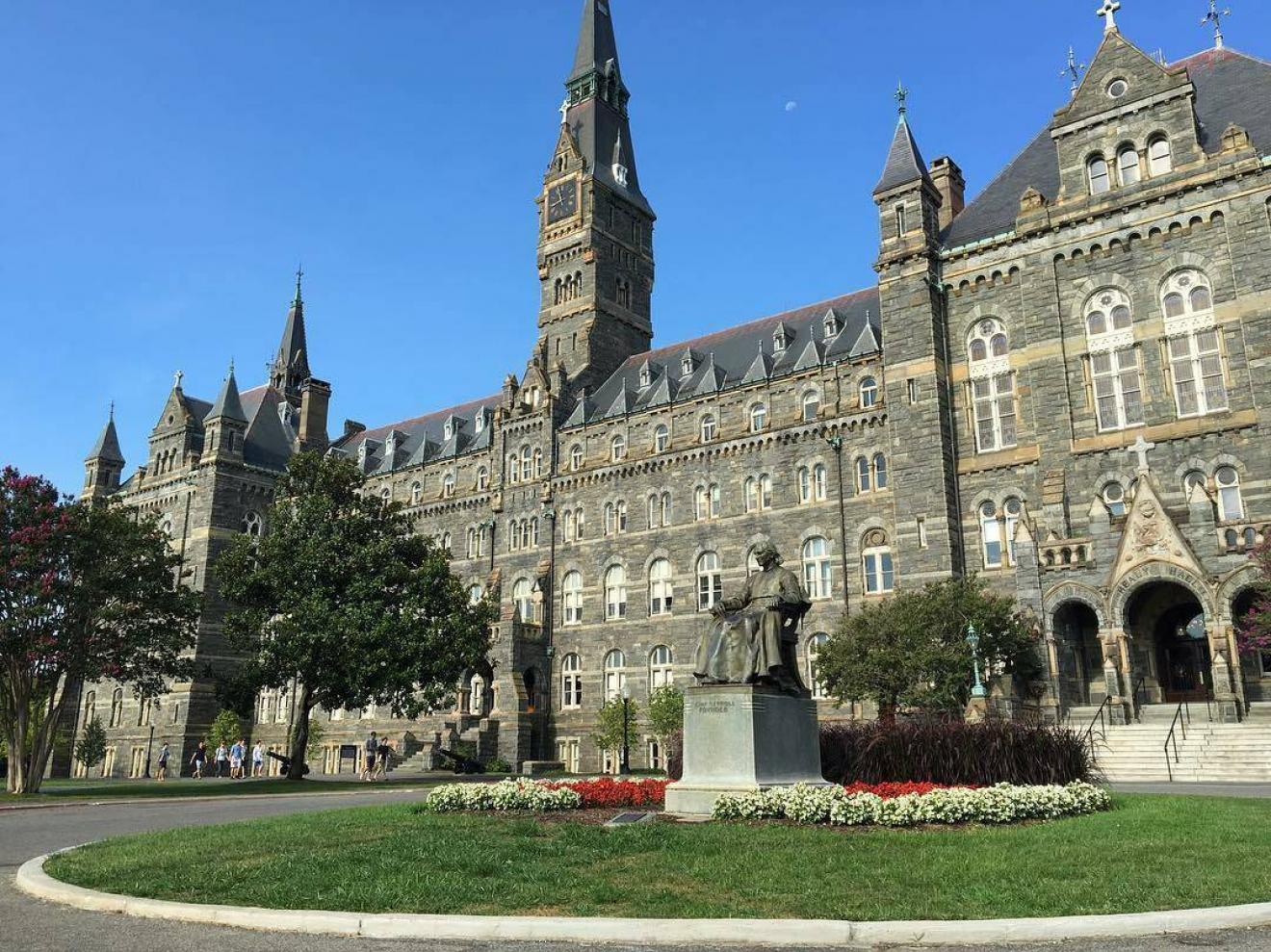
Georgetown University offers 1 Bioinformatics degree programs. It's a very large, private not-for-profit, four-year university in a large city. In 2023, 11 Bioinformatics students graduated with students earning 11 Master's degrees.
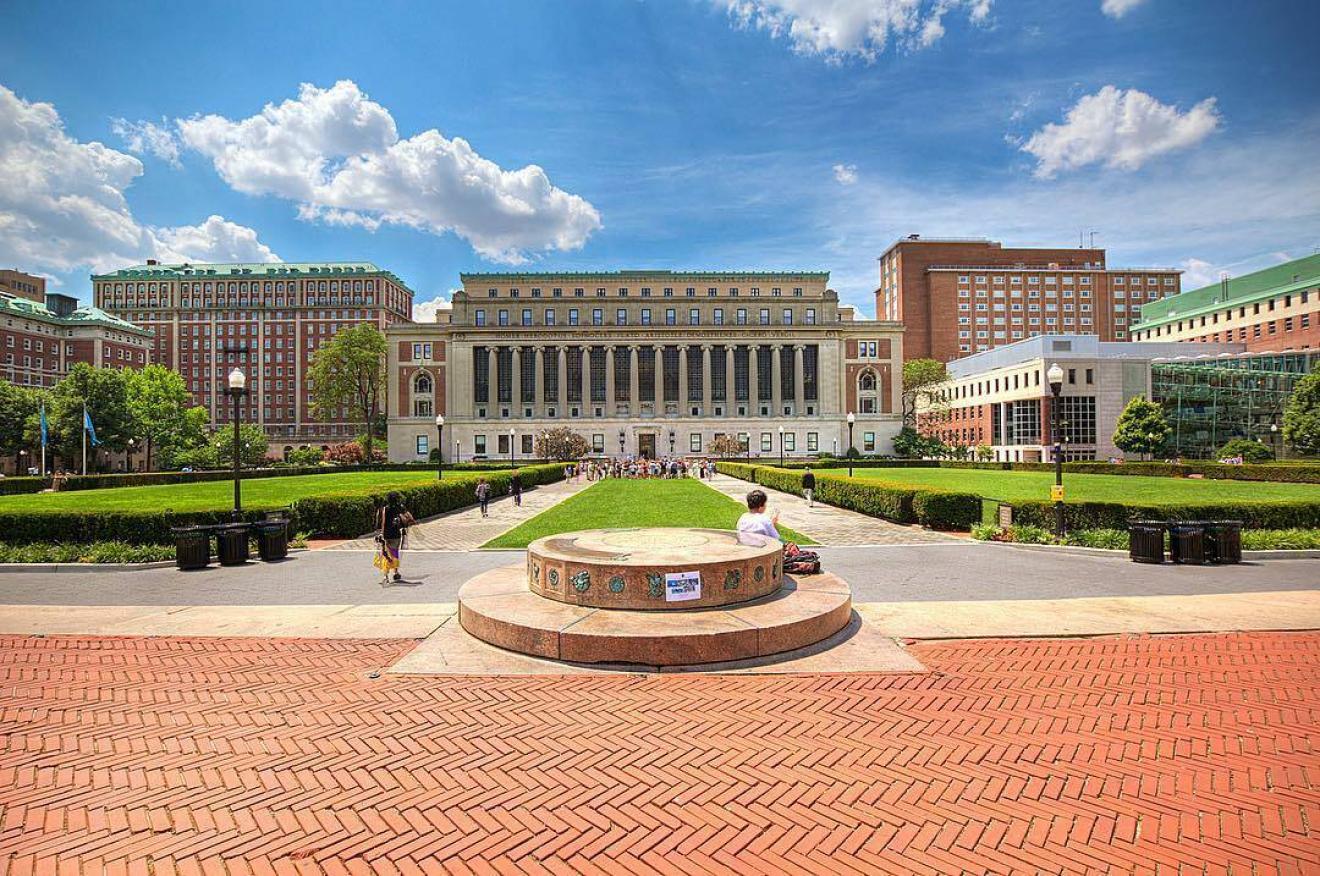
Columbia University in the City of New York offers 3 Bioinformatics degree programs. It's a very large, private not-for-profit, four-year university in a large city. In 2023, 13 Bioinformatics students graduated with students earning 7 Master's degrees, 3 Certificates, and 3 Doctoral degrees.
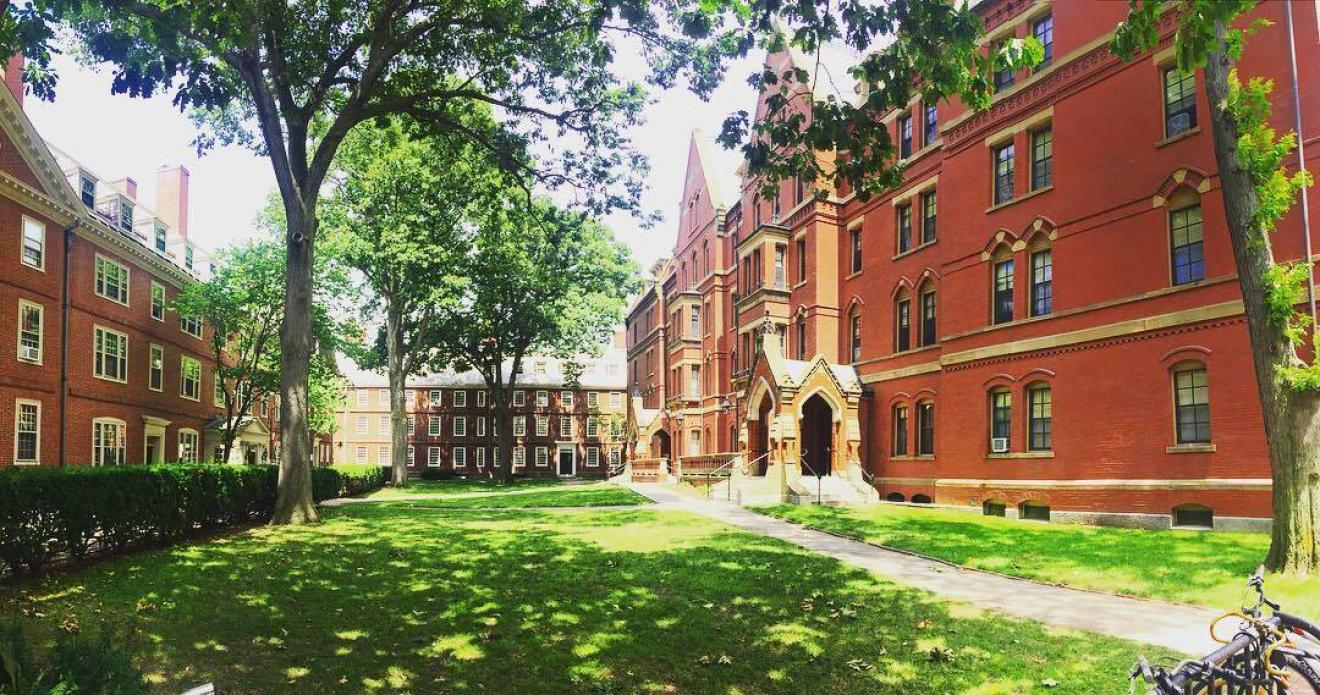
Harvard University offers 3 Bioinformatics degree programs. It's a very large, private not-for-profit, four-year university in a midsize city. In 2023, 13 Bioinformatics students graduated with students earning 13 Certificates.
Northeastern University offers 1 Bioinformatics degree programs. It's a very large, private not-for-profit, four-year university in a large city. In 2023, 62 Bioinformatics students graduated with students earning 62 Master's degrees.
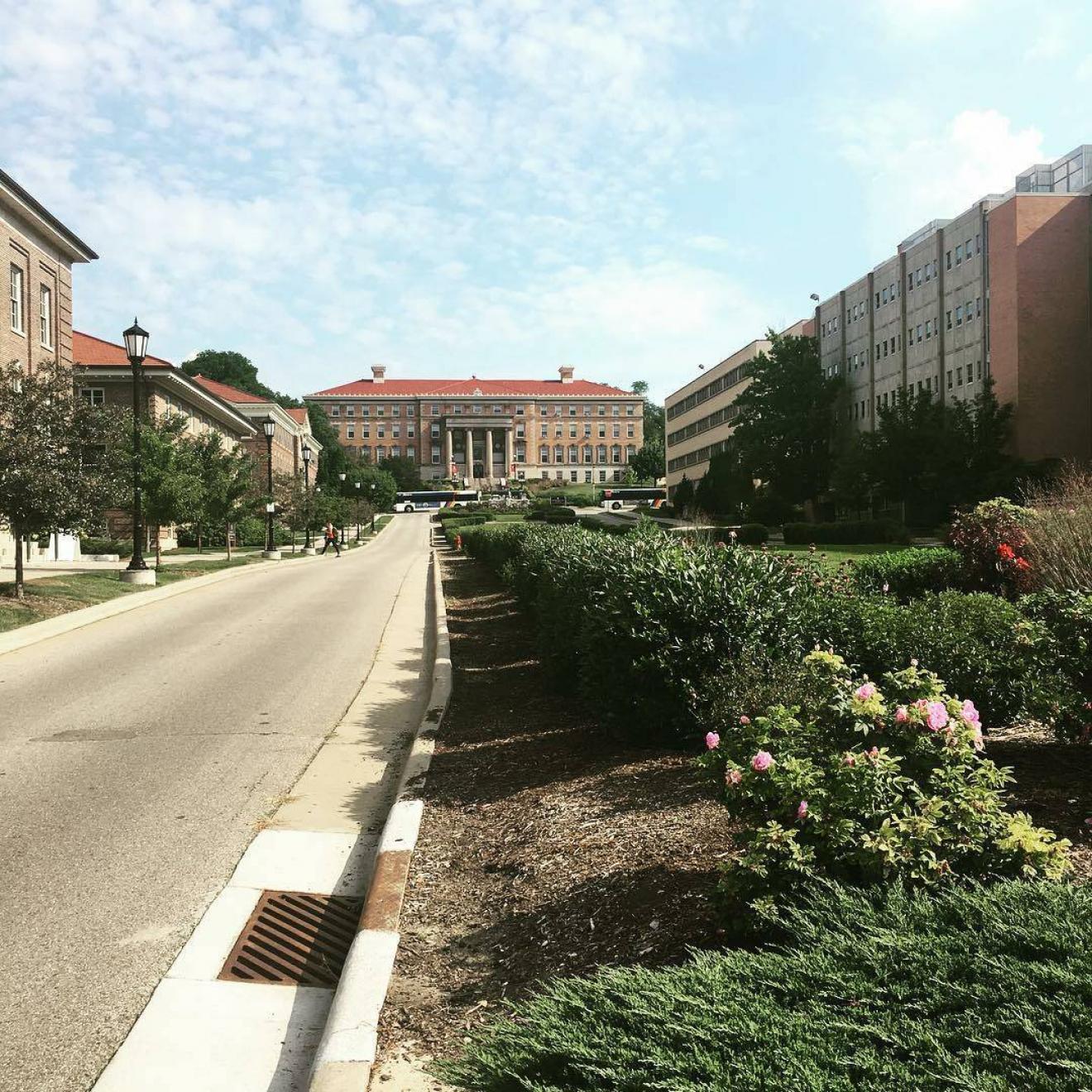
University of Wisconsin-Madison offers 3 Bioinformatics degree programs. It's a very large, public, four-year university in a large city. In 2023, 6 Bioinformatics students graduated with students earning 4 Master's degrees, 1 Certificate, and 1 Doctoral degree.
Boston University offers 2 Bioinformatics degree programs. It's a very large, private not-for-profit, four-year university in a large city. In 2023, 76 Bioinformatics students graduated with students earning 67 Master's degrees, and 9 Doctoral degrees.
University of California-Santa Cruz offers 3 Bioinformatics degree programs. It's a large, public, four-year university in a small city. In 2023, 76 Bioinformatics students graduated with students earning 58 Bachelor's degrees, 9 Master's degrees, and 9 Doctoral degrees.
Johns Hopkins University offers 2 Bioinformatics degree programs. It's a very large, private not-for-profit, four-year university in a large city.
Find local colleges with Bioinformatics majors in the U.S.
List of all Bioinformatics colleges in the U.S.
| School | Average Tuition | Student Teacher Ratio | Enrolled Students | |
|---|---|---|---|---|

|
University of Pennsylvania Philadelphia, PA | 20 : 1 | 28,711 | |

|
University of California-San Diego La Jolla, CA | 29 : 1 | 42,376 | |

|
Georgetown University Washington, DC | 18 : 1 | 20,392 | |

|
Columbia University in the City of New York New York, NY | 21 : 1 | 35,279 | |

|
Harvard University Cambridge, MA | 17 : 1 | 30,386 | |










